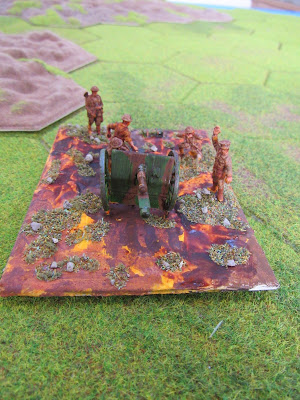And so to the theatre. Despite all the evidence to the contrary I do have a degree in maths and am well aware that coincidences are entirely in the eye of the beholder. And so I shall not read anything much in to the fact that the latest production that I have seen - Kiss Me, Kate - contained allusions to more than one of the other shows that I have seen recently. Fred Graham for example, only gives us his Petruchio, because his Cyrano closed after four nights. And there is a whole scene dedicated to practicing curtain calls, something that the cast of Hedda Gabler would have benefited from.
The purpose of the scene is of course to establish the positions of the two female leads, both in the company and in the personal life of the leading man, and it was these two women who rather stole the whole show. This being almost Shakespeare you will no doubt be wondering whether they were playing characters intended to be female by Cole Porter and the Spewacks (a), and I can confirm that they were indeed; the only cross gender casting on this occasion was the part of First Gangster, revealed as being the wife of Second Gangster and therefore his boss in more ways than one. I suspect that this was done not just for comic effect, although it worked in that way rather well, but also as a counterpoint to the terrible sexism that seems to have been every bit as bad in the nineteen forties as it was in the late sixteenth century.
Still, despite that I enjoyed it all very much. Let's have some Ella Fitzgerald:
(a) Should I ever come out of rock and roll retirement that is what I shall call my band: Cole Porter and the Spewacks.














